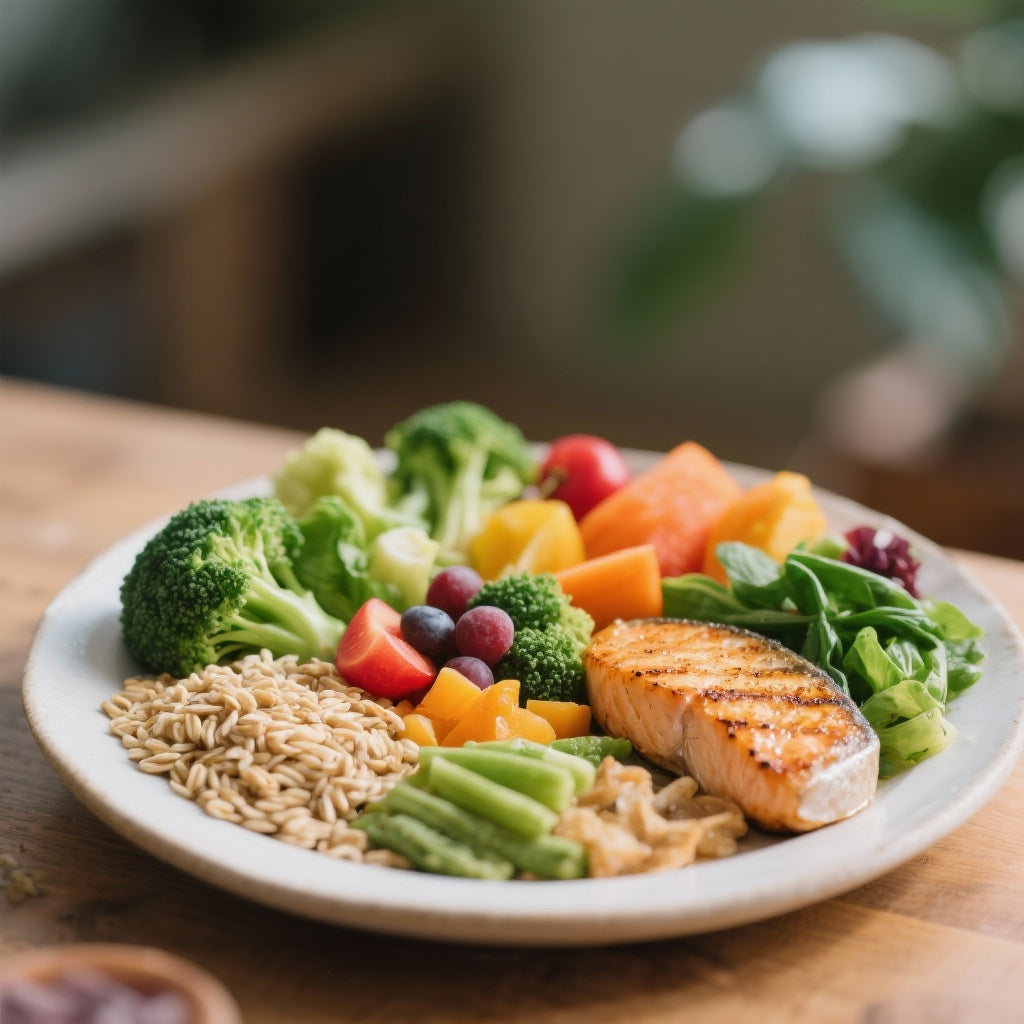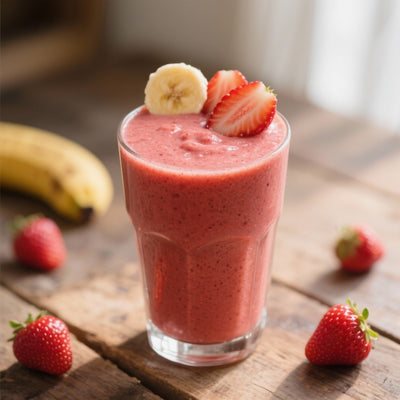The Superfood Trap: How the Obsession with Healthy Eating Can Lead to Nutritional Deficiencies
Superfoods are everywhere. From acai berries and chia seeds to kale and turmeric, they promise robust health and exceptional vitality. But behind this aura of benefits lies a more nuanced reality: excessive and exclusive consumption of superfoods can paradoxically lead to nutritional deficiencies. Far from being a panacea, they can disrupt the delicate balance of our diet.
This article explores why an obsession with superfoods can deprive you of essential nutrients. We'll examine the biological mechanisms involved, the potential risks, and, most importantly, how to take a more informed and balanced approach to optimal health. Discover how to avoid the superfood trap and build a diet that truly benefits your body.
The Superfood Myth: A Dangerous Oversimplification
The term "superfood" has no official scientific definition. It is primarily a marketing term used to promote foods rich in specific nutrients. The danger lies in the idea that these foods are superior to others and that they alone can guarantee good health. However, a healthy diet is based on diversity and balance, not on the exclusive consumption of a handful of foods, however nutritious they may be.
Bioavailability: A Crucial Factor Often Ignored
Bioavailability refers to the proportion of a nutrient that is actually absorbed and used by the body. Not all nutrients in a food are automatically absorbed. Some superfoods may contain compounds that interfere with the absorption of other essential nutrients. For example, excessive consumption of certain green vegetables high in oxalates can hinder calcium absorption. The key, therefore, lies in variety to optimize the absorption of different nutrients.
"Nutrition is an art, not an exact science. Every individual is unique and reacts differently to food." - Dr. Mark Hyman
Nutritional Imbalance: When Too Much Good Kills the Good
By focusing solely on superfoods, we risk neglecting other essential food groups, such as whole grains, legumes, dairy products (or their alternatives), and healthy fats. Each food group provides specific and complementary nutrients. An unbalanced diet, even one rich in superfoods, can therefore lead to deficiencies in essential vitamins, minerals, and macronutrients.
For example, someone obsessed with kale-based green smoothies might be deficient in vitamin B12, which is found primarily in animal products. Similarly, excessive consumption of chia seeds, which are rich in omega-3 fatty acids, doesn't necessarily compensate for a lack of other essential fats, such as omega-6 fatty acids.
The Impact on Digestion: A Delicate System to Preserve
Some superfoods, when consumed in excess, can be difficult for some people to digest. Fiber, for example, is excellent for health, but excessive and sudden consumption can cause bloating, gas, and digestive upset. It's important to gradually introduce fiber-rich foods into your diet and drink plenty of water to aid digestion.
Drug Interactions: A Risk Not to Be Neglected
Some superfoods can interact with certain medications. For example, turmeric, known for its anti-inflammatory properties, can thin the blood and interact with blood thinners. Therefore, it's important to consult a doctor or nutritionist before consuming large quantities of superfoods, especially if you are taking medication.
How to Avoid the Trap: A Balanced and Informed Approach
The key to a healthy and balanced diet lies in variety and moderation. Here are some tips to enjoy the benefits of superfoods without the risk of deficiencies:
- Vary your diet: Incorporate a wide variety of foods from all food groups.
- Consume superfoods in moderation: Do not consider them as miracle solutions, but as supplements to an already healthy diet.
- Listen to your body: Pay attention to your body's signals and adjust your diet accordingly.
- Consult a healthcare professional: If you have any doubts or concerns, do not hesitate to seek advice from a doctor or nutritionist.
Balance Above All: The Key to Lasting Health
Superfoods can be valuable allies for our health, provided they are part of a balanced and varied diet. The obsession with "healthy" can paradoxically lead us away from optimal nutrition. It's essential to remember that health is a delicate balance based on diversity, moderation, and listening to your body. So, enjoy the benefits of superfoods, but never forget the importance of a well-rounded and balanced diet.











